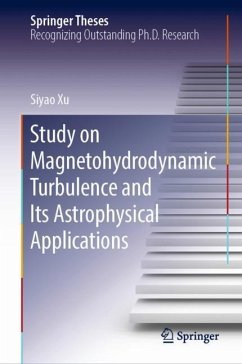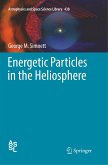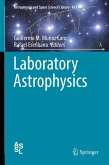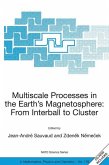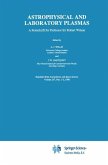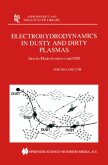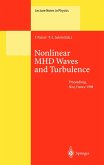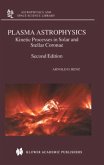Turbulence and magnetic fields are ubiquitous in the Universe. Their importance to astronomy cannot be overestimated. The theoretical advancements in magnetohydrodynamic (MHD) turbulence achieved during the past two decades have significantly influenced many fields of astronomy.
This book provides predictive theories of the magnetic field generation by turbulence and the dissipation of MHD turbulence.
These fundamental non-linear problems were believed to be tractable only numerically. This book provides complete analytical descriptions in quantitative agreement with existing numerics, as well as theoretical predictions in physical regimes still unreachable by simulations, and explanations of various related observations. It also discusses and promotes the astrophysical applications of MHD turbulence theories, including
(i) the particle acceleration and radiation in high-energy phenomena, e.g., Gamma-Ray Bursts, supernova remnants, cosmic rays;
(ii) interstellar density fluctuations and the effect on observations, e.g., Faraday rotation, scattering measurements of Galactic and extragalactic radio sources;
(iii) density and magnetic field structure in molecular clouds toward star formation.
In closing, this book demonstrates the key role of MHD turbulence in connecting diverse astrophysical processes and unraveling long-standing astrophysical problems, as foreseen by Chandrasekhar, a founder of modern astrophysics.
This book provides predictive theories of the magnetic field generation by turbulence and the dissipation of MHD turbulence.
These fundamental non-linear problems were believed to be tractable only numerically. This book provides complete analytical descriptions in quantitative agreement with existing numerics, as well as theoretical predictions in physical regimes still unreachable by simulations, and explanations of various related observations. It also discusses and promotes the astrophysical applications of MHD turbulence theories, including
(i) the particle acceleration and radiation in high-energy phenomena, e.g., Gamma-Ray Bursts, supernova remnants, cosmic rays;
(ii) interstellar density fluctuations and the effect on observations, e.g., Faraday rotation, scattering measurements of Galactic and extragalactic radio sources;
(iii) density and magnetic field structure in molecular clouds toward star formation.
In closing, this book demonstrates the key role of MHD turbulence in connecting diverse astrophysical processes and unraveling long-standing astrophysical problems, as foreseen by Chandrasekhar, a founder of modern astrophysics.

